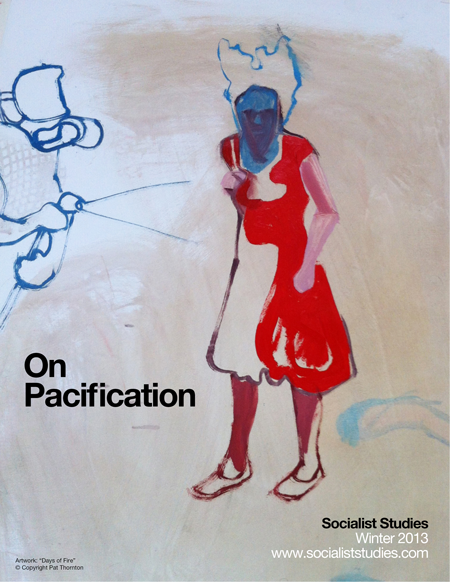Securitisation as Depoliticisation: Depoliticisation as Pacification
DOI:
https://doi.org/10.18740/S4NP45Keywords:
Securitisation, depoliticisation, pacification, national security, extremismAbstract
This article considers the development of the liberal state’s approach to national security in the era of the ‘war on terror’. The analysis focuses on state security strategies, considering how the state positions the politics of security historically through its representation of the current security ‘environment’. Drawing upon a critical analysis of the various layers of official strategy produced by the UK, US and Australia in this era, the article considers in the first instance the process of depoliticisation that defines the official understanding of security threats. The effects of depoliticising the issues and individuals deemed to constitute a threat to national security are subsequently considered through the theory of pacification plotting the links between securitization, depoliticisation and pacification. In doing so the analysis demonstrates how the framing of national security is pivotal to the official representation of ‘extremism’ and to the subsequent policing of protest and political activity. The article therefore suggests that the liberal state’s politics of security are defined by a pacification process that seeks to produce citizen-subjects who are unable and unwilling to resist the current social order.Downloads
Published
Issue
Section
License
Copyright: Authors who publish in the Journal agree to the following terms: 1)Authors retain copyright and grant the Journal the right of first publication with the work simultaneously licensed under a Creative Commons Attribution License that allows others to share the work with an acknowledgement of the work's authorship and initial publication in the Journal; and, 2)Authors are able to enter into separate, additional contractual arrangements for the non-exclusive distribution of the Journal's published version of the work (eg post to an institutional repository or publish it in a book), with an acknowledgement of its initial publication in the Journal.






